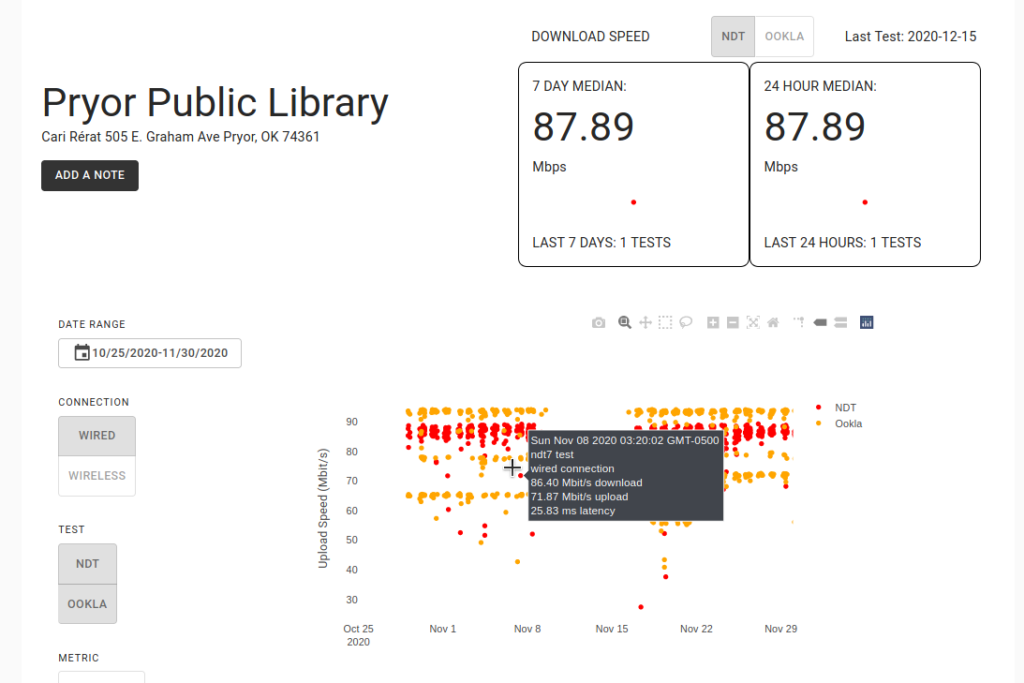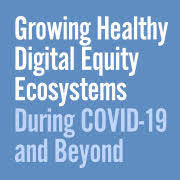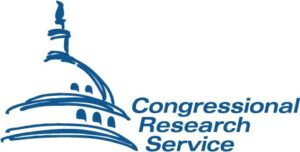A new article this week from Law360, titled “Biden FCC Shifts Broadband Focus From Geography To Price” describes the shift from the Trump administration’s focus on deploying broadband infrastructure in rural areas to the Biden administration’s policy focus on helping those who are unable to afford the cost of broadband.
Based on my own research and those of my colleagues, this is a much welcome and needed shift in policy priorities to ensure that those most impacted by the digital divide, particularly during the pandemic, can gain access to high-speed broadband at affordable costs.
The Ability to Pay for Broadband
In 2019, my colleagues and I published an article in the journal Communication Research and Practice, titled “The Ability to Pay for Broadband.” Based on our studies in communities across the country, we found that “although those with a limited monthly budget have an acute understanding of the value of home broadband, the costs associated with home broadband service make it difficult for them to afford.” We went on to argue that “ability to pay provides a framework for understanding the local, cultural drivers and barriers to broadband adoption in low-income communities.”
A summary of the article including our study’s main findings and implications of the research for digital inclusion policy and practice can be found on the Benton Institute for Broadband & Society’s website.
Connecting Digital Equity and Racial Justice
As we talk about the barriers to broadband adoption, it’s also critically important to recognize that digital equity is a racial justice issue. As we argued in our recent blog post for Benton announcing our 2020 report, titled “Growing Healthy Digital Equity Ecosystems During COVID-19 and Beyond” we also recommend that the Biden Administration connect their focus on broadband and the economy to their racial justice agenda. As we wrote,
“To inform this work, the next administration should develop a digital equity and racial justice task force that brings together social workers, public librarians, community organizers, and other community-care practitioners to develop strategies and tools to promote digital and racial equity in communities most impacted by the pandemic.”
In the post, we elaborate on the following four recommendations to help inform this policy agenda:
- Make broadband affordable for low-income communities of color.
- Support second chances for economic success through digital literacy programs.
- Ensure care workers receive training and support to help promote digital and racial equity
- Make federal funding opportunities available for digital inclusion organizations.
We look forward to seeing how the Biden Administration will move forward to tackle these important and complex issues.



